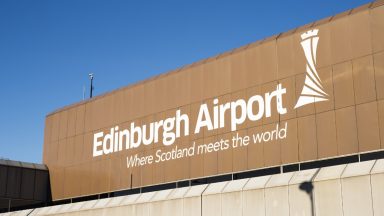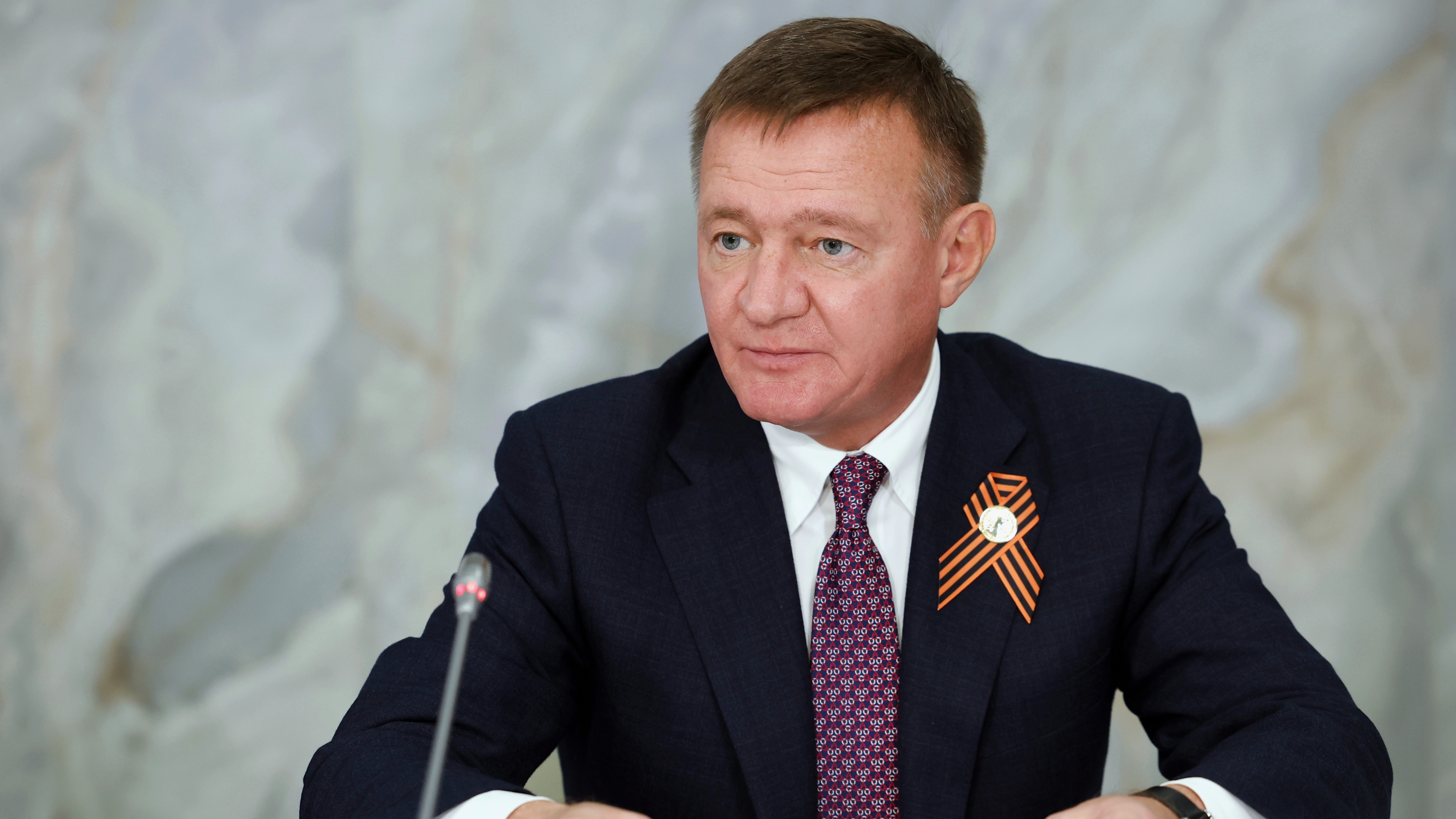This announcement is being seen as a “significant rise” after inflation fell last month, as Good Morning Britain’s Nitya Rajan reports
The UK inflation rate has jumped to its highest level since April, marking the steepest month-on-month increase for two years.
The Office for National Statistics (ONS) said Consumer Prices Index (CPI) inflation rose to 2.3% for October, from 1.7% in the previous month. Economist had originally predicted a reading of 2.2%.
The increase was likely driven by higher energy bills, according to economists, after a rise in the energy price cap for households last month.
Last month, Ofgem raised the energy price cap from £1,568 to £1,717 for a typical dual fuel household, increasing the average household energy bills increased by £149 a year.
Economists at Pantheon Macroeconomics have also suggested that a predicted rebound in airline ticket prices will contribute to a higher rate of inflation.
The increases will be slightly offset by a fall in motor fuel prices and an easing in food inflation, the experts added.
The inflation data for October is therefore likely to surpass the 2% target rate for inflation set by the Bank of England and the Government.
This could put some pressure on hopes that policymakers at the central bank will continue to cut interest rates, after reducing the base rate to 4.75% earlier this month.
ONS chief economist Grant Fitzner said: “Inflation rose this month as the increase in the energy price cap meant higher costs for gas and electricity compared with a fall at the same time last year.
“These were partially offset by falls in recreation and culture, including live music and theatre ticket price. The cost of raw materials for businesses continued to fall, once again driven by lower crude oil price.”
High interest rates have been used by the Bank of England to put pressure on spending demand from consumer and businesses and help bring down inflation, after it soared as high as 11.1% two years ago.
Rate-setters on the Bank’s monetary policy committee (MPC) have since voted on two occasions to reduce rates after bringing inflation down to target levels earlier this year.
It comes as a raft of economists have reduced their predictions for interest rate cuts over the next year, with some indicating policy measures in the Budget could contribute to increased inflation in the short term.
Follow STV News on WhatsApp
Scan the QR code on your mobile device for all the latest news from around the country
























